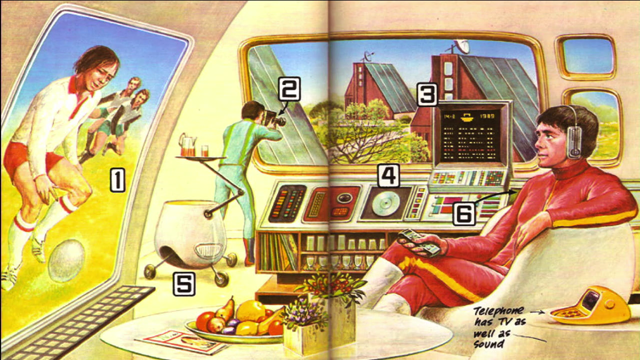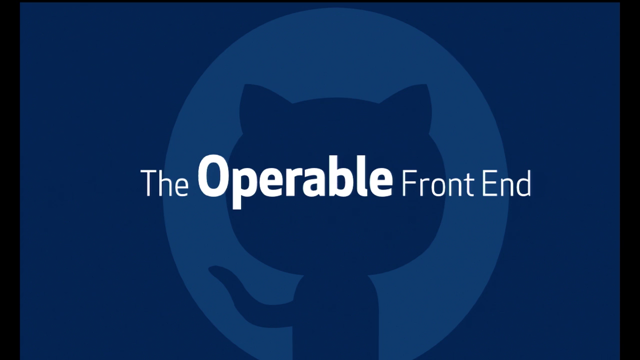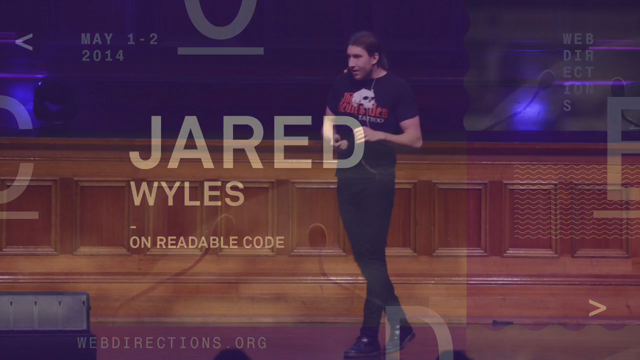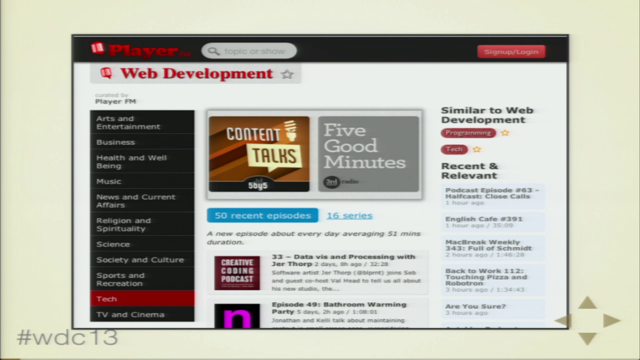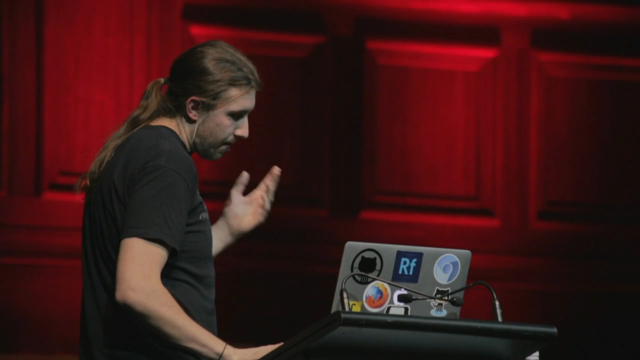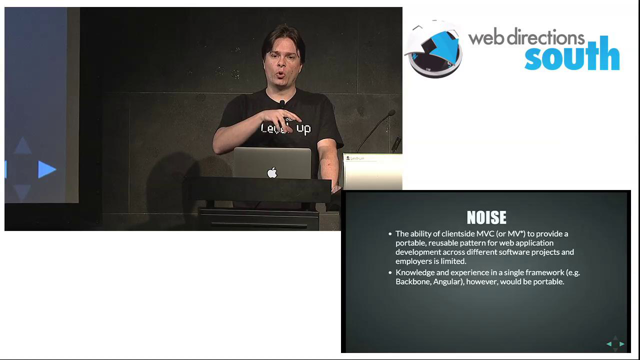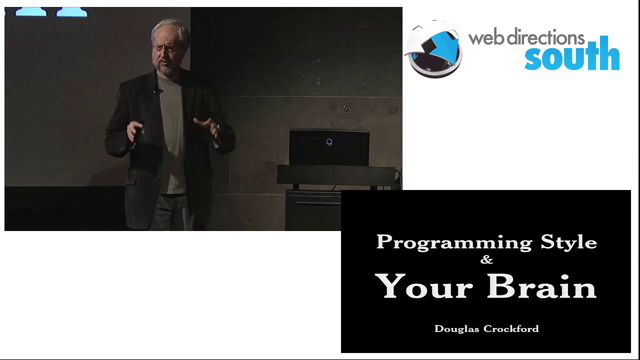The Future Of Software Is Small
August 13, 2025
AI makes time very, very, very cheap. It’s not unreasonable to expect that within ~5 years, we’ll have consumer-grade hardware with onboard capabilities that rival current state-of-the-art models (Claude 4, etc.) that are also faster and cheaper than those models are today. This is an absolute sea change in terms of capability at an OS level; Custom applications will become the norm, not the exception. Why try to grapple with fitting my life into Notion (or whatever) when I can just have the computer build me bespoke applications that work on all my devices and are catered to my precise needs? Why do I need planet-scale infrastructure to share baby photos with, like, 5 people?
While it’s typically attributed to Bill Gates, the observation that we tend to overestimate what technology can achieve in a short time frame and underestimate the impact in a long time actually originates with a Stanford academic Roy Amara in the 1960s, and doubtless others had observed it before.
Especially at the beginning of transformations, we can get swept up in the excitement of new technologies. As we’ve seen in the last two or three years, extraordinary claims have been made about the impact of Generative AI in the very short term.
Here, Austin Parker thinks about the medium-term consequences of these technologies and predicts that the capabilities of those frontier models have today will be running on our smallest devices within a few years. What are the consequences of that? What does software look like? These are the sorts of things that if you design, develop, or otherwise deliver digital products, you really should be thinking about right now.
